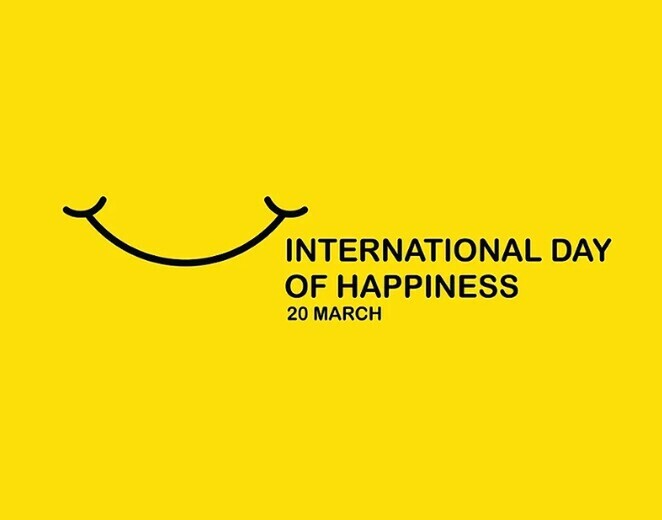International Day of Happiness: Measuring Happiness, Not Just Productiveness
Every year on March 20th, the world comes together to celebrate the International Day of Happiness, a day dedicated to recognising the importance of happiness and well-being as fundamental human goals. But where did it all begin?
The United Nations established the International Day of Happiness in 2012, inspired by the idea that happiness should be a key measure of global progress—not just economic growth. The movement was spearheaded by Bhutan, a country that values Gross National Happiness (GNH) over Gross Domestic Product (GDP). Bhutan’s belief that well-being and mental health are just as important as financial success led to a global push for governments to prioritise happiness in policies and social structures.
The UN now encourages people worldwide to focus on what truly makes life fulfilling—connection, purpose, and emotional well-being. This day serves as a powerful reminder that happiness is not just a personal pursuit—it’s a shared global priority.
At Teenage Mental Health (TMH), we understand that happiness isn’t about constant positivity or pretending everything is perfect. True happiness comes from emotional awareness, resilience, meaningful connections, and finding balance in life. While external factors can influence our mood, our well-being is also shaped by how we process emotions, manage stress, and build relationships.
The Science of Happiness: More Than Just a Feeling
Happiness isn’t just a fleeting emotion; it’s a state of well-being that can be nurtured. Research in positive psychology highlights several key elements that contribute to happiness:
Connection & Relationships – Feeling seen, heard, and valued by others is essential for happiness. Strong relationships act as a buffer against stress and mental health struggles.
Purpose & Meaning – Having goals, passions, or a sense of direction can boost overall well-being. Whether through work, hobbies, or helping others, purpose fuels happiness.
Emotional Resilience – Happiness isn’t about avoiding negative emotions—it’s about developing the tools to navigate life’s challenges while maintaining inner peace.
Gratitude & Mindfulness – Recognising and appreciating small joys in daily life can shift our mindset and improve emotional well-being.
Physical & Mental Self-Care – Sleep, movement, nutrition, and mental well-being are all interconnected. A healthy body and mind provide the foundation for sustained happiness.
Why Happiness is a Global Priority
The United Nations’ 2025 theme for International Day of Happiness focuses on promoting well-being for all. Mental health challenges, social inequalities, and global crises can create barriers to happiness, which is why prioritising mental well-being is crucial, not just for individuals, but for society as a whole.
The UN encourages people and governments worldwide to focus on happiness-driven policies, such as:
✔ Mental health support and accessibility
✔ Work-life balance initiatives
✔ Education that promotes emotional intelligence
✔ Community well-being projects
At TMH, we believe that happiness isn’t a luxury, it’s a necessity. Good mental health plays a huge role in how we experience joy, build resilience, and form meaningful connections.
How to Celebrate International Happiness Day in other ways.
Practice Gratitude – Write down three things you’re grateful for.
Engage in Joyful Activities – Listen to your favourite music, watch something that makes you laugh, or enjoy creative hobbies.
Connect with Others – Reach out to a friend, check in on someone, or have a meaningful conversation.
Take a Well-Being Break – Breathe deeply, go for a walk, or simply enjoy a moment of calm.
Give Back – Acts of kindness, whether small or big, create a ripple effect of happiness.
Happiness is about embracing life in all its ups and downs, knowing that we are not alone and that mental well-being matters. At Teenage Mental Health, we’re here to support individuals and families in building resilience, fostering joy, and prioritising self-care—because everyone deserves the chance to thrive.
Remember we can't have happiness, without experiencing sadness, otherwise happy would mean something else. It's not realistic to work towards feeling happy all the time, and that's not the message to take away here. But it's an opportunity to focus on what has, does and could make us happy when possible.
What makes you happy? 😊

